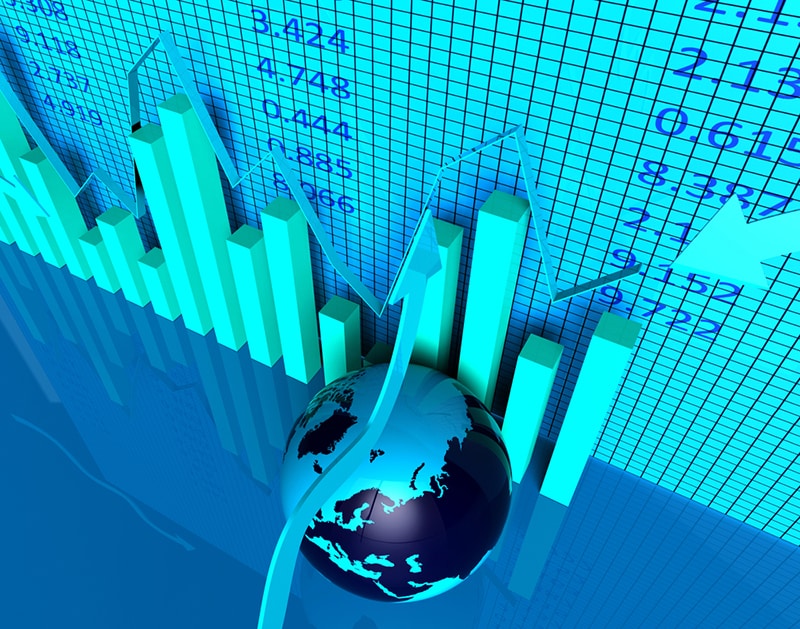(Reuters) The International Monetary Fund now expects global economic growth in 2021 to slightly miss its July forecast of 6% as inflation and uneven Covid-19 recovery bites.
IMF chief Kristalina Georgieva says although the global economy was showing signs of recovery, fresh pandemic impacts and vaccination distribution inequality could hamper progress.
Georgieva expects advanced economies to bounce back to pre-pandemic levels by 2022, while a majority of emerging and developing nations could take years to recover.
IMF sees inflationary pressures subsiding in 2022, but the impacts, especially in the weaker economies, could persist, causing an uptick in interest rates and tighter financial conditions.
Georgieva also sees global debt as a challenge, encouraging restructuring efforts already initiated in some countries such as Zambia, Ethiopia, and Chad. She is also encouraging better transparency to encourage the participation of the private sector.
Global debt is now about 100% of the world’s gross domestic product. Georgieva does not see rising debt levels in Europe as a threat due to a robust economic momentum.
Georgieva is also encouraging efforts to tackle climate change, enhance technological innovation and inclusivity to support growth.


